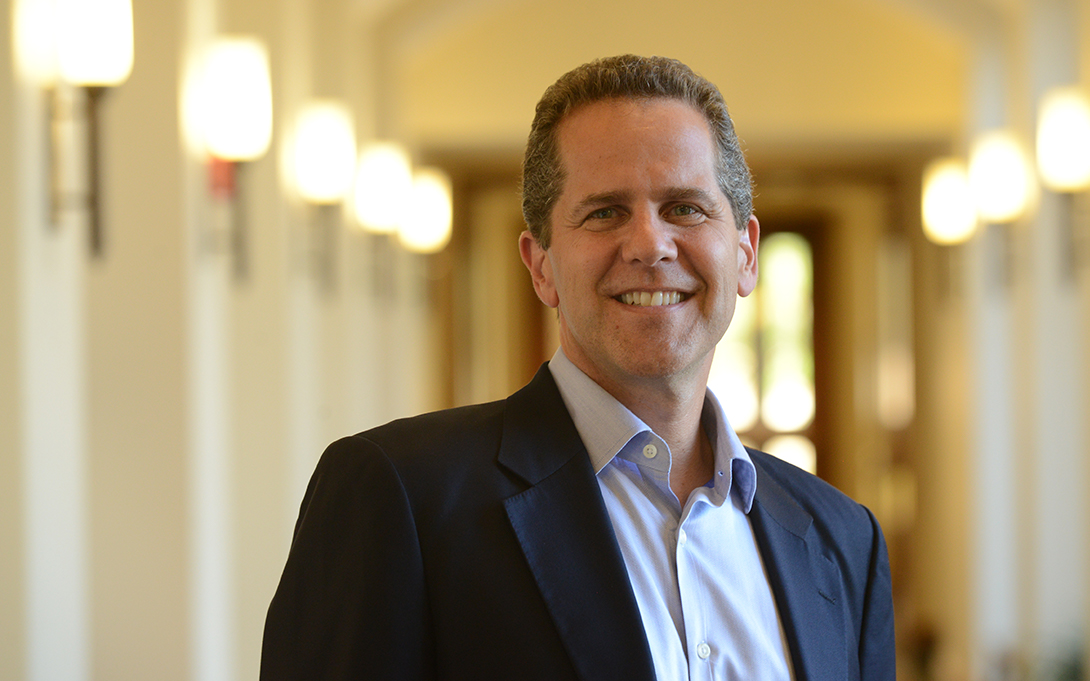
In the aftermath of the 2008 recession, the Financial Stability Oversight Council (FSOC) was established in Title I of the Dodd-Frank Act, tasked to identify and monitor future threats before the next crisis. Now, during the current crisis brought on by the COVID-19 pandemic, the agency has largely been silent. In a March 31 article in American Banker, several experts explain that three years of staff and budget cuts, as well as mission drift, have severely weakened the FSOC.
“In the middle of an economic crisis, it's hard to go from having really downplayed or ignored the importance of an agency to turning around on a dime,” said Michael S. Barr, dean of the Ford School and key architect of the Dodd-Frank Act.
One area of contention is how the FSOC changed how they label and identify the risk of nonbanks. By moving away from designating specific firms for tougher supervision, critics argue there is less oversight of nonbank activities.
“All of these steps really increased risk in the financial system at a time when we should have been doing the opposite,” said Barr. “I'd say overall, the financial system is safer than it was in 2008, but not as safe as it should be — not safe enough. And the choices that the current administration made in the last three years contributed to that.”
Experts predicting the deep economic wounds brought on by the coronavirus say the FSOC has done little to prepare the country for an economic crisis. “The point of designation as it was conceived in the Dodd-Frank Act was to do that in advance, to do that in good times so that you can supervise the firm and have them build up safeguards and include higher capital in advance,” said Barr. “That's the whole point that I think the administration didn't get.”
Read the full article here.
Michael S. Barr is the Joan and Sanford Weill Dean of the Gerald R. Ford School of Public Policy, the Frank Murphy Collegiate Professor of Public Policy, the Roy F. and Jean Humphrey Proffitt Professor of Law at the University of Michigan Law School, and the founder and Faculty Director of the University of Michigan's Center on Finance, Law, and Policy. He is also a nonresident senior fellow at the Center for American Progress. At the Law School, Barr taught Financial Regulation and International Finance, and co-founded the International Transactions Clinic and the Detroit Neighborhood Entrepreneurs Project.